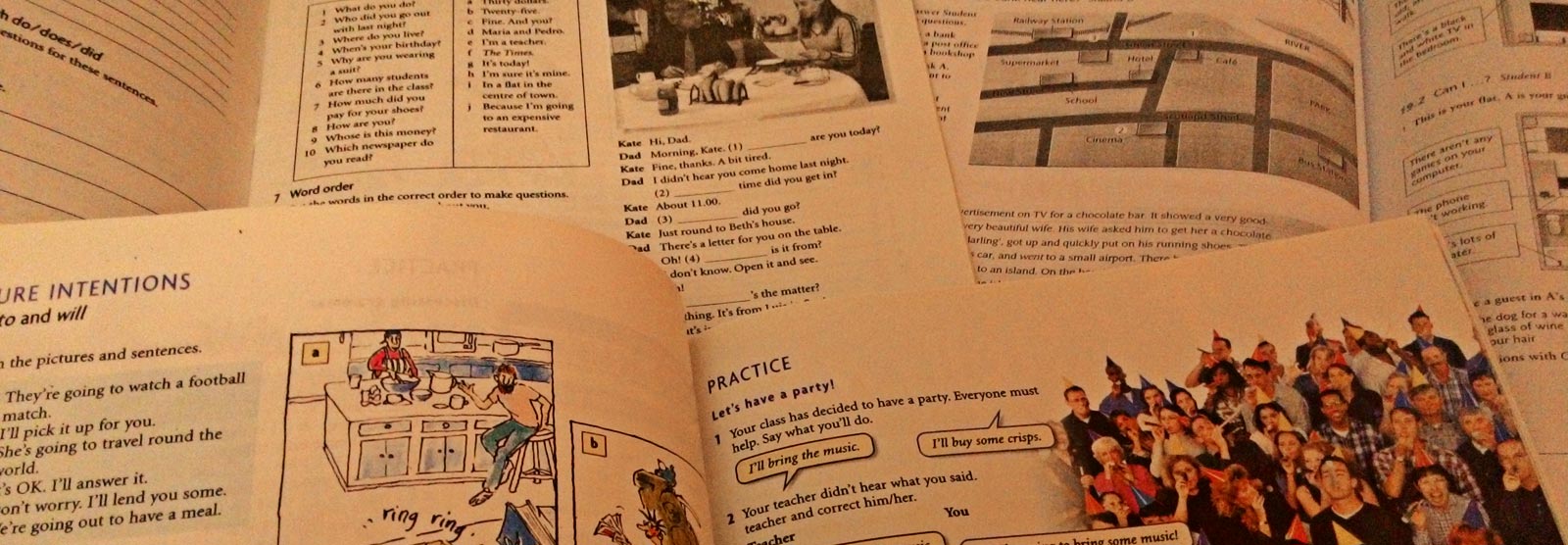War
The most famous English general was probably the Duke of Wellington (1769-1852), who fought Napoleon's French army at Waterloo. He was a master tactician.
His potrait is on the English £5 note.
In the twentieth century the most illustrious soldier is Field Marshall Montgomery (1887-1976). His greatest campaign was in North Africa in 1942-44, where his adversary was the German General, Rommel.
Apparently Montgomery had great admiration for Rommel and carried his photograph with him in his caravan.
Generals are like chess players. They deploy their forces like chessmen on a board. But unlike cheess players, their success or failure is directly linked to the quality of their men.
The men of the modern British army are not conscripts but professional soldiers. And the regiments are highly specialised.
Each country no longer has its own regiment, but it is a curious fact that some 10% of the male Scottish population is in the armed forces.
Peace
The peace Movement includes organizations all over the world which are dedicated to the cause of peace. They want to stamp out war and get rid of all weapons.
Fine sentiments. Nobody disagress with the ideal.
But how can a country fight for its rights with no weapons? How can a people struggle against its oppressors with no military strength?
One man who did, was Gandhi, the Indian statesman.
His strength was hid humanity. His weapons were economic. And his achievement was to liberate 350 million people from British colonial rule.
By using tactics of passive resistance and boycot of British goods; by developing village industries and using hunger strikes, Gandhi achieved freedom and complete independece for India in 1947.
The strength of his campaign and his spiritual example caused the British government to question the whole morality of imperialism.
Mahatma Gandhi (1868-1948) The liberator of 350 million people-by peaceful means.
Peace at Home, Peace in the World - Mustafa Kemal Atatürk








































